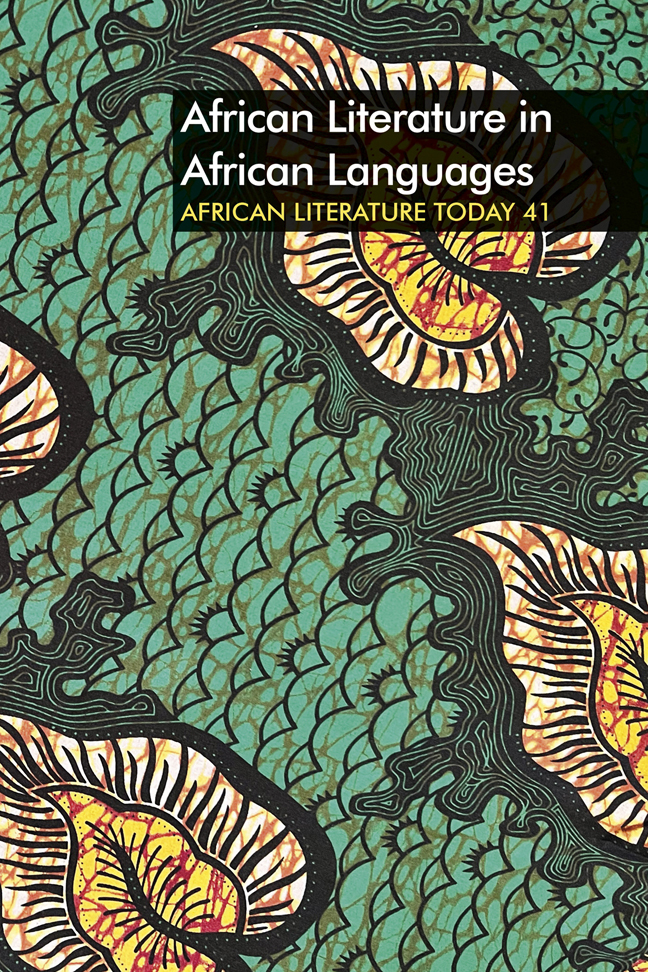Reviews
Published online by Cambridge University Press: 22 February 2024
Summary
Akachi Adimora-Ezeigbo, Do Not Burn My Bones and Other Stories
Lagos State: Purple Shelves Publishers, 2022, 133 pp. $14.99
ISBN 9789789998739, paperback
As an educationist, theorist, and a creative writer, Akachi Adimora-Ezeigbo offers transitions and doorways from the past to the present in her incorporation of Igbo traditional knowledge systems in her works of fiction. But she is not negligent of the future. Her disposition is tripartite, in that she leans on the past to influence the present and construct the framework for a better future. This is unequivocally exemplified in her formulation of the thought-provoking Snail Sense Feminism – a feminist theory that builds on Igbo knowledge systems and worldview to engage with and raise questions about gender inequality and influence in our present while setting the roadmap for the future. Her scintillating trilogy – The Last of The Strong Ones (1996), House of Symbols (2001), and Children of The Eagle (2002) – lends credence to this as she challenges patriarchal assumptions and inscribes feminism as the necessary panacea to an ailing, modern nation state.
In Do Not Burn My Bones and Other Stories (hereafter referred to as DNBMB), the writer continues her journey with the short fiction genre that started with Rhythms of Life, Stories of Modern Nigeria (1992) and produced over five collections of shorts. Although not her most prolific, the short story genre holds a pivotal position in Adimora-Ezeigbo's oeuvre as it avails the writer a wide canvass to tackle topical issues of social relevance and social consciousness in Nigeria and beyond. Written in the thick of the Coronavirus pandemic, the author in its Preface notes that the collection ‘is a visible result of [her] determination to keep writing despite the multiple challenges’ (ix) of surviving Nigeria and the times. Most of the stories in this collection are set in Nigeria against the backdrop of poverty, violence, and insecurity, gender-based violence, inequality, and societal malformation. The few stories that are set in the UK centre on varied migrant experiences.
DNBMB is made up of thirteen stories. The opener sets the tone for the entire collection with a strong female lead Mabel Duru, the Iron Lady. In this human entanglement story, the reader is left with the nagging feeling that whoever crosses the Iron Lady does not live to tell the tale.
- Type
- Chapter
- Information
- ALT 41 , pp. 151 - 162Publisher: Boydell & BrewerPrint publication year: 2023



